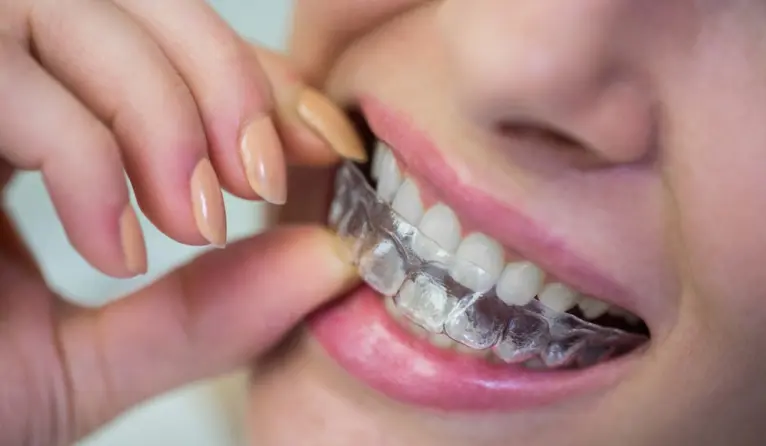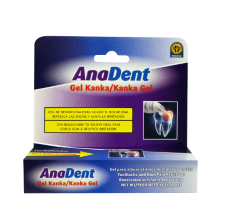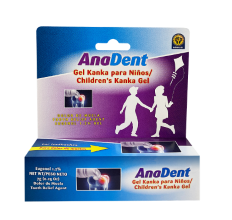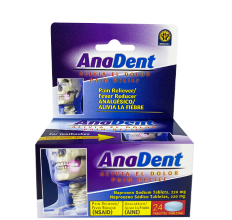Why do my teeth hurt?
Why do my teeth hurt?


The most common causes of dental pain
One of the most common reasons for tooth pain is a cavity. This occurs when plaque bacteria and tartar buildup create a hole in the tooth enamel. If the cavity is not treated in time, it can become larger and cause more damage.
Gum disease is an infection of the tissues surrounding the teeth. It is usually caused by the buildup of plaque and tartar, but it can also be the result of other health problems such as diabetes or HIV/AIDS. Gum disease can cause inflammation, bleeding gums, and, as you may have guessed, tooth pain.
If you notice that hot or cold drinks cause you tooth pain, you may have sensitive teeth. This can occur when the enamel wears away or when the gums recede. Although sensitivity is not always painful, it can be a sign of other dental problems such as cavities or gum disease.
If you are in the middle of orthodontic treatment or another type of dental work, you may experience some discomfort as your teeth are moved into place. This is perfectly normal - in fact, it is one of the reasons your orthodontist will make regular adjustments - but it can still be painful.

Bruxism is a condition that causes people to grind their teeth at night (although some people also do it during the day). It can be due to stress or anxiety, misaligned teeth, abnormal bite, sleep disorders, or medications such as antidepressants. If you think you may be grinding your teeth at night, talk to your dentist, who may recommend a mouthguard to protect your teeth from further damage.
Jaw joint dysfunction (also known as temporomandibular joint disorder or TMJ) is a condition that affects the muscles and joints of the jaw. It can cause popping or clicking when opening the mouth, as well as pain in the jaw, face, neck, shoulders, and ears. Jaw joint dysfunction is often caused by teeth clenching or grinding (bruxism), but can also be due to accidents or arthritis. If you think you may have TMJ, make an appointment with your dentist so they can diagnose the problem and develop a treatment plan specifically tailored to you.
There are many possible causes of tooth pain - some more serious than others - so it's important to see a dentist if you experience any discomfort to obtain an accurate diagnosis and treatment plan. In most cases, tooth pain can be resolved relatively easily with home care, anti-inflammatory medication, or professional dental treatment. However, ignoring dental pain can lead to more serious problems in the future; therefore, if you're unsure of the cause of your discomfort, make an appointment with your dentist immediately.



